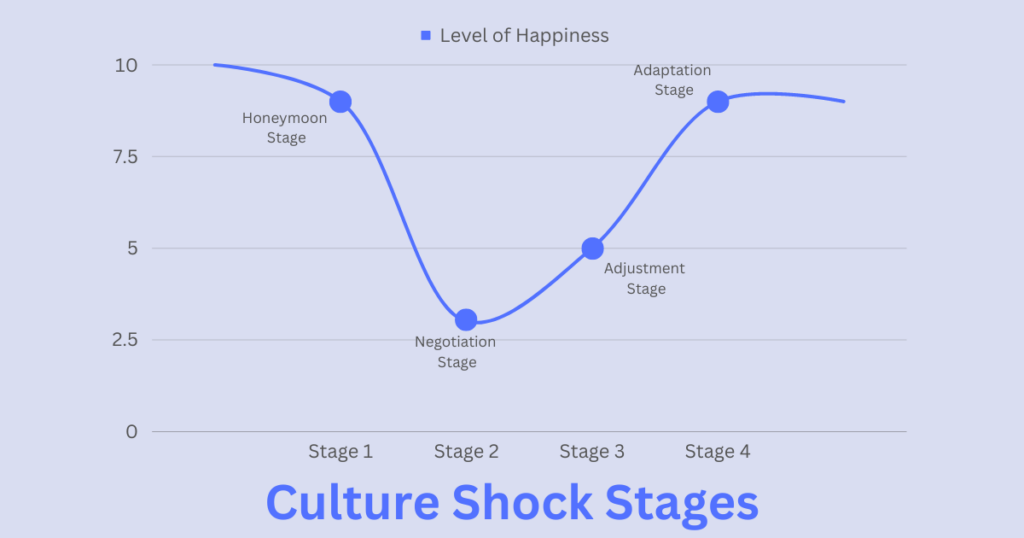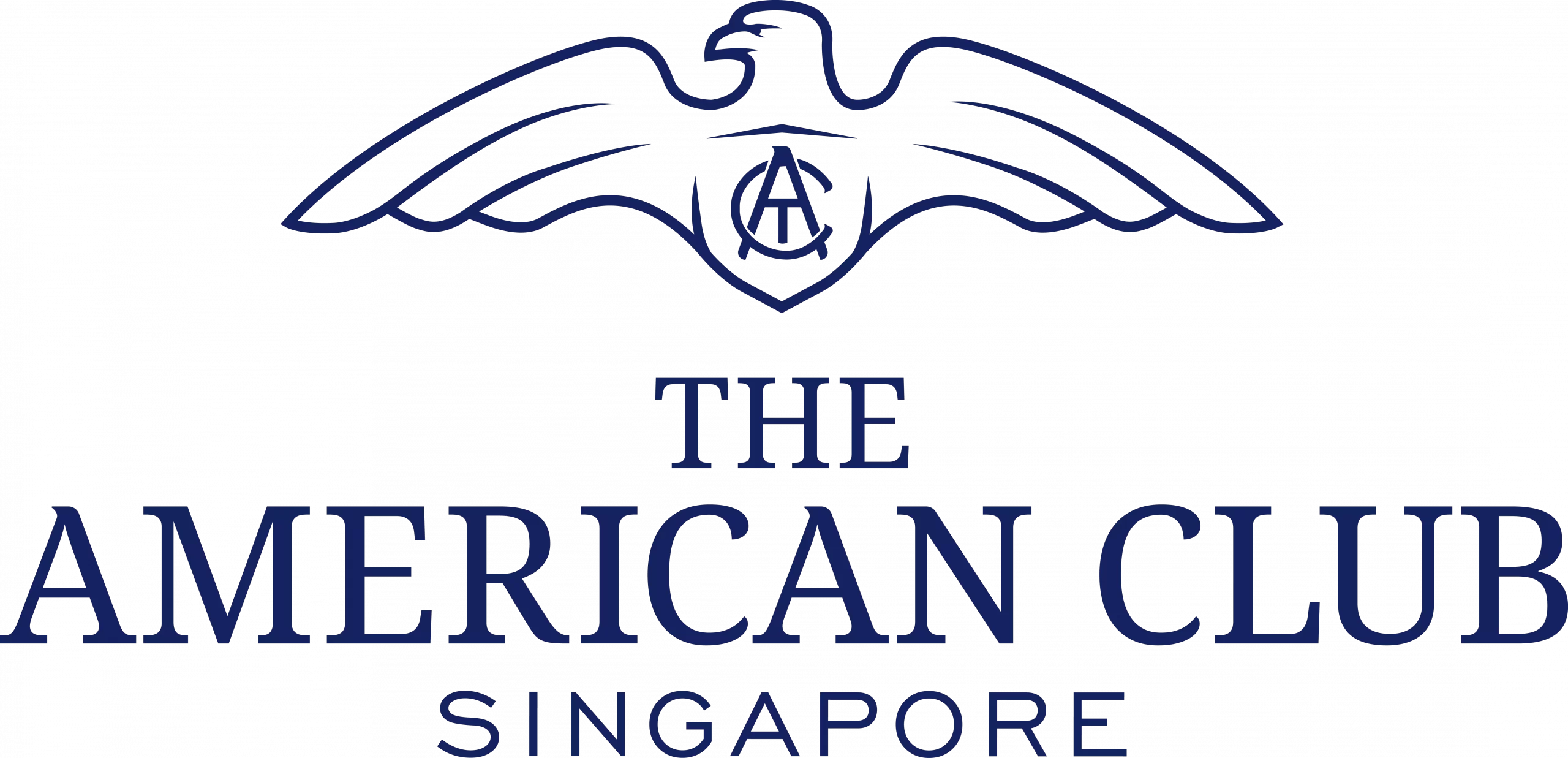According to the Expat Insider Report 2023 by InterNations, Singapore is one of the top destinations for expats because of its safety and security. Although ranking in the top six for high quality of life, newcomers, especially expats from western countries, still find themselves overwhelmed with the bustling lifestyle and unique local laws here. Let’s discover some common culture shock in Singapore for first-time expat, and how to overcome them.
Table of Contents
What is Culture Shock?
Culture shock refers to the feelings of uncertainty or anxiety whenever a person relocates to a new country or when interacting with another culture. Culture shock does not need time to sink in, it just hits.
Oftentimes, when you interact with people from different backgrounds, experiencing culture shock is unavoidable. However, it only gives you minor discomfort and is easy to accept and let go. On the other hand, the story is different when you need to uproot your life to relocate to a foreign land. This process requires not only acceptance but active adaptation and assimilation into an entirely new culture, which is often governed by an unfamiliar set of rules and social norms. This is a life-changing experience that may cause first-time expats to feel overwhelmed and lose touch with daily activities.
One thing to note before we move forward – a cultural adjustment is a totally normal response that arises from finding oneself in an unfamiliar environment. The process of adapting to this new environment requires patience, a willingness to embrace transformation, and some time.
Culture Shock Stages

A typical culture shock includes four stages, which are illustrated in the Culture Shock Curve above:
Honeymoon Stage
The initial phase of this whole experience is the Honeymoon Stage, which unfolds as you settle into your new home, where everything is new and exciting. These unfamiliar experiences open forth an exciting adventure, which possibly lasts for a span of several weeks, if not months.
Should your immersion in the new environment only last for a short period of time, the positive feelings you have in the first stage will define the whole experience. On the other hand, if your interaction with this environment lasts longer, the Honeymoon Stage will eventually end and progress to the next stage.
Negotiation Stage
Once the Honeymoon Stage has passed, the Negotiation Stage comes with frustration and anxiety. This stage usually appears around the three-month mark, although it can be earlier for some people
As you continue to immerse yourself in the unfamiliar environment, you start to notice the differences in people’s actions and communication style. Local beliefs and habits can be extremely confusing and you might not be able to complete the day-to-day tasks as you normally do. This repeated exhaustion becomes the main reason to make the second stage the most challenging. Consequently, this difficulty gives some people the urge to give up and return to their homeland.
Adjustment Stage
The third stage, the Adjustment Stage, marks the significant transition as individuals gradually find themselves more at ease within their new environment. This stage usually emerges over a span of six to 12 months, during which people begin to adjust to the new culture they inhabit.
At this stage, people start to understand and embrace the cultural differences to some extent and even make a few friends or learn some of the local languages. These changes allow you to grow a sense of familiarity with local customs and adapt to various cultural nuances.
Adaptation Stage
In this stage, individuals begin to wholeheartedly welcome the cultural distinctions and enjoy their new home. You will no longer feel lonely and start to familiarize with the routines and regulations in the country you now call home
Eventually, the newcomers will understand that the diversity in people’s behavior and ways of doing things is unavoidable and their attitudes toward these differences will gradually improve. Continuous interaction and adaptation will allow you to grow and adopt the new culture.
Common Culture Shocks in Singapore for Foreigners
The Fast-paced Lifestyle
Singapore is known for its efficiency and modernity, and this is reflected in the fast-paced city lifestyle. For some expatriates, this might be overwhelming and takes time for adjustment. The constant hustle and bustle of the city, combined with long work hours and a busy social calendar, can be tiring and leave little time for rest and relaxation. Therefore, this fast-paced lifestyle can also be stressful for those who are used to a more laid-back pace of life.

Singapore’s Unique Local Laws
Renowned for its remarkable tidiness and low crime rate, Singapore stands as a beacon of security. While the acclaim for the cleanliness and security is substantial, there’s a light-hearted twist in Singapore’s nickname, “The Fine City.” This playful term not only reflects its immaculate state but also alludes to the fines for various offences. While certain behaviors acceptable elsewhere might be prohibited here, fret not. Familiarizing yourself with Singapore’s laws and customs is straightforward, enabling you to embrace your experience in this captivating locale without apprehension.
Here are some of the laws that are unique to Singapore:
- Chewing gum is illegal
- Smoking is prohibited in many areas in Singapore
- Consumption of alcohol in public after 10:30 p.m. is prohibited
Cultural and Linguistic Diversity
Singapore stands as a vibrant mix of diverse cultures and languages, offering both excitement and surprise to outsiders. For newcomers to familiarize with the wide spectrum of languages, like Mandarin, Malay, and Tamil, they need time to learn and immerse in this diversity. As a result of the variety of languages spoken in Singapore, Singaporeans have come up with their own set of vocabulary called ‘Singlish’, which is an official word in the Oxford Dictionary.
The Cost of Living
While it’s true that Singapore ranks among the world’s priciest destinations, there’s a silver lining for expats. Yes, the cost of living here might be higher, but with a comfortable income and sensible budgeting, you can relish a top-notch life here. According to data from Numbeo, in 2022, Singapore’s living cost was about 39.1% higher than the UK. Though rents stand out, other goods are often more affordable. Plus, Singapore’s attractive salaries and modest taxes ensure your earnings go further.
The Emphasis on Education and Career Success
Education and career advancement hold an outstanding significance in Singapore, which can potentially be a source of cultural gap for people from regions with a more laid-back approach towards these matters. The weight of excelling in both academic and professional domains can be unbearable, which requires an adjustment period to become accustomed to the high expectations and demands.
Tips to Deal with Culture Shock in Singapore
Remember That It’s Normal
It’s crucial to understand that culture shock is a common reaction when transitioning to a new environment. The feelings of confusion, uncertainty, and even frustration are a natural part of the adjustment process. Remind yourself that you’re not alone in experiencing these emotions.
Adjustment Takes Time
Adapting to a new culture is a journey that unfolds over time. Allow yourself the space and time needed for this adjustment. It’s okay to feel a bit out of sorts initially, as eventually, you will find your rhythm in your new surroundings.
Keep An Open Mind
A key to overcoming culture shock is to approach the differences you encounter with an open mind. Instead of judging or comparing, try to understand the reasons behind the cultural practices and norms in Singapore. This mindset shift will help you appreciate the uniqueness of the culture and foster a sense of respect.
Make Friends and Develop Relationships
Building relationships is not just a social effort but a crucial element in dealing with culture shock. A tip for newcomers to overcome this hard time is to engage with both locals and fellow expatriates to create a network of support, by joining a social club like The American Club Singapore. Once you’ve shared your experience with the community, you’ll get a chance to gain insights and perspectives that aid in understanding and integrating into the local way of life.




